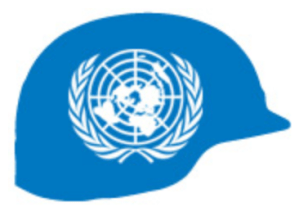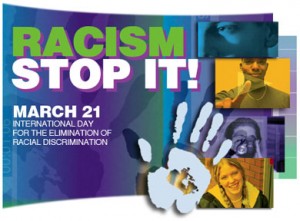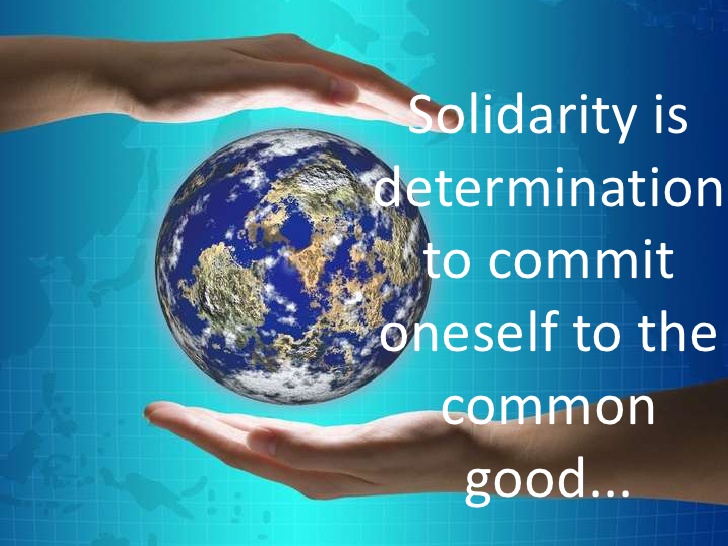 It is this time of the year when you can see moving vans on many streets around.
It is this time of the year when you can see moving vans on many streets around.
People are moving, changing residence, going to another area.
Some may regret the departure, others may be keen to start in a new location.
Whatever the type of accommodation, an ordinary flat, a posh house, or even log cabin,

probably, what people want is that the new place be truly a HOME.
And, of course, a true HOME is meant to provide comfort, security, enjoyment
The 2nd reading of this Sunday (2 Cor.4:13 – 5:1) ends precisely with the evocation of… moving homes!
The last verse says:
“We are well aware that when the tent that houses us on earth is folded up,
there is a house for us from God,
not made by human hands but everlasting, in the heavens.”
So, all of us are meant to move one day and… to move for good!
We have been told that our permanent home is not here on earth (He.13:14) –
we know it: we should see ourselves as… pilgrims – people on the move.
But it is not easy to consider ourselves as people on the way to another place –
even if the new HOME has been prepared by God himself.
In fact, writing to the Corinthians, Paul is only echoing the words of Jesus on the eve of his death:
“There are many rooms, in my Father’s house…
I am going now to prepare a place for you,
and after I have prepared you a place
I shall return to take you with me…” (Jn.14:2-3)
We can be assured that we will find there all the comfort, security and enjoyment we can dream of.
But, we have to let go – let go of the house which is ours just now…
This human life, here and now, so familiar and… perhaps so ‘cosy’…
The letting go is the difficult part…
It means leaving behind the familiar and moving into the unknown.
But we are expected, the place is ready and…
There is no rent to pay, no mortgage to save for, no insurance to see to.
All has been taken care of for us, promised long ago:
“I shall return to take you with me
So that where I am you may be too…”
Note: Another reflection is available in French on a different theme at: https://image-i-nations.com/10e-dimanche-de-lannee-b!
 « United Nations peacekeeping is a proven investment in global peace, security and prosperity. Together, let us pledge to do all we can to enable that mission to succeed. » —
« United Nations peacekeeping is a proven investment in global peace, security and prosperity. Together, let us pledge to do all we can to enable that mission to succeed. » —  The United Nations’ (UN) International Day for the Elimination of Racial Discrimination is observed with a series of events and activities worldwide on March 21 each year. The day aims to remind people of racial discrimination’s negative consequences. It also encourages people to remember their obligation and determination to combat racial discrimination.
The United Nations’ (UN) International Day for the Elimination of Racial Discrimination is observed with a series of events and activities worldwide on March 21 each year. The day aims to remind people of racial discrimination’s negative consequences. It also encourages people to remember their obligation and determination to combat racial discrimination. The United Nations’ (UN) International Human Solidarity Day is annually held on December 20 to celebrate unity in diversity. It also aims to remind people on the importance of solidarity in working towards eradicating poverty.
The United Nations’ (UN) International Human Solidarity Day is annually held on December 20 to celebrate unity in diversity. It also aims to remind people on the importance of solidarity in working towards eradicating poverty. The first World Television Forum was staged by the United Nations in the mid ’90s, and it was out of this event that World Television Day was born. The forum brought together leading figures from the media industry to analyze the growing impact that TV had on decision-making and public opinion when it comes to issues of peace and security around the planet.
The first World Television Forum was staged by the United Nations in the mid ’90s, and it was out of this event that World Television Day was born. The forum brought together leading figures from the media industry to analyze the growing impact that TV had on decision-making and public opinion when it comes to issues of peace and security around the planet.
 On 17 December 1999, in its
On 17 December 1999, in its 
 God’s people throughout their history, God’s friends and God’s messengers – all needed to learn it:
God’s people throughout their history, God’s friends and God’s messengers – all needed to learn it:
 2017 Theme: “Our oceans, our future”
2017 Theme: “Our oceans, our future”